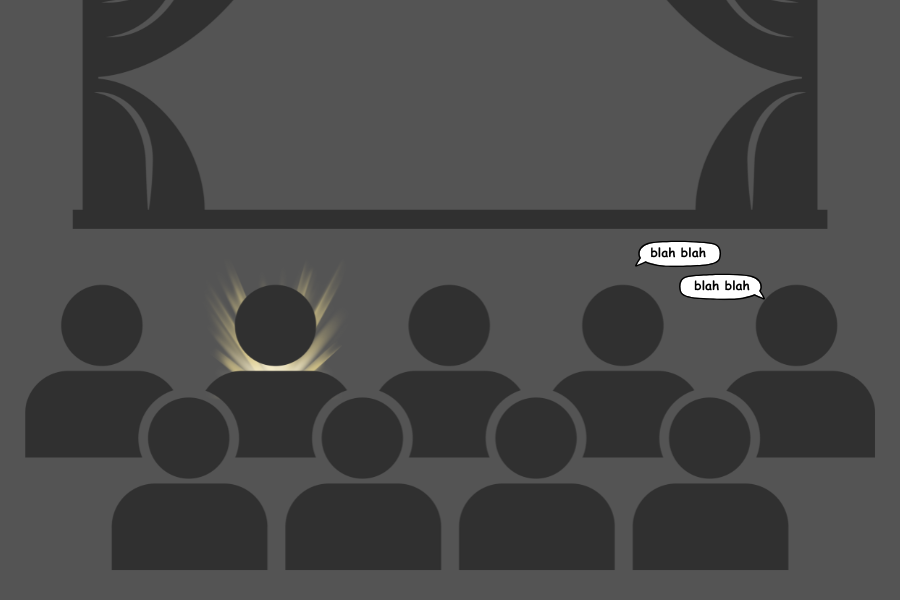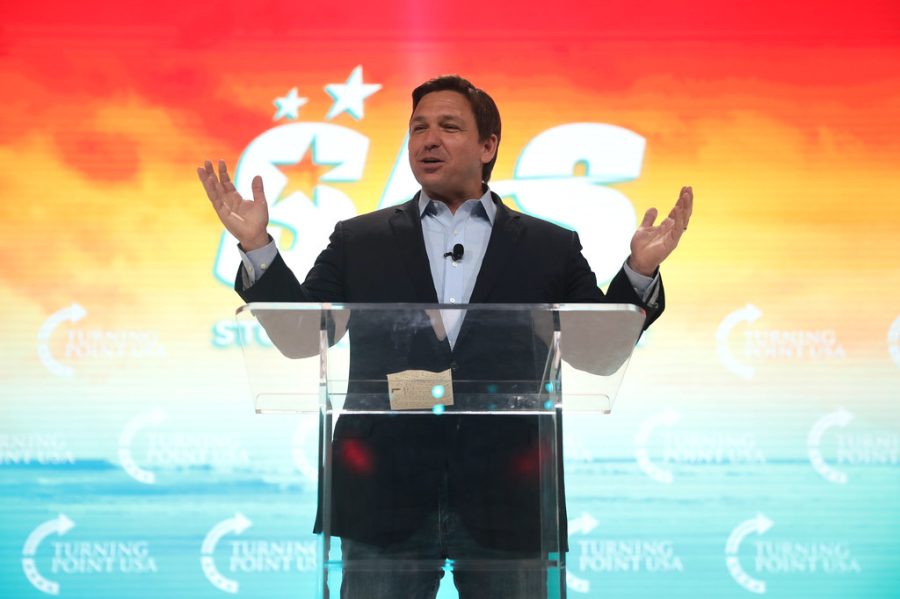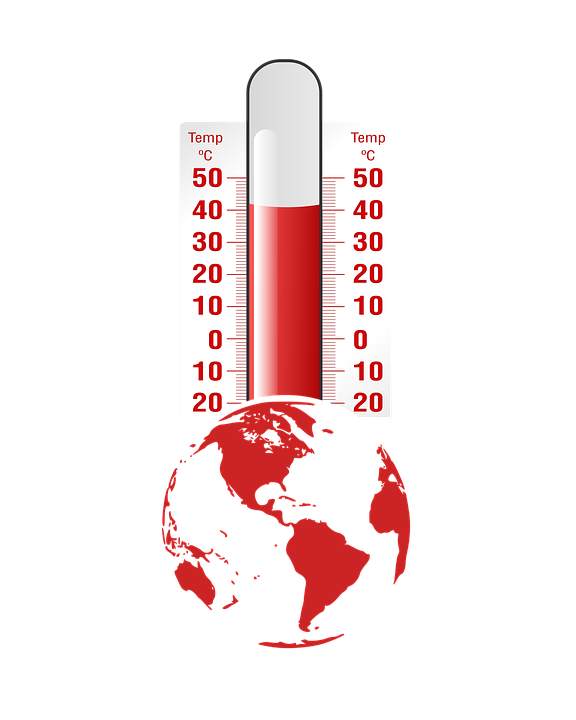The recognition gained from the “Unite the Right” rally has seen the left-leaning political group, Antifa, gain increasing support from the mainstream left. However, the implied approval of Antifa by the left is harmful towards the greater cause of fighting white nationalism. The group styles itself after various Anti-fascist Action groups that sprung up in the 1930s. These groups were a failed attempt to unite the left.
Due to the confrontational approach of Antifa toward members of the white nationalist movement, self-described as the “alt-right,” the left is tacitly embracing Antifa.
The primary issue with supporting Antifa is that the confrontational approach of the group has gone beyond peaceful means. It relies on violence to shut down rallies and opposes views that are the opposite of their ideological leaning. In Berkeley, Calif., a city long known for stifling the free speech right of conservatives, Antifa had turned a peaceful counter demonstration into a violent encounter.
The Los Angeles Times covered an encounter where anti-fascist protesters beat Trump supporters and organizers. While some of the organizers of the anti-Marxist rally had views that would classify them as being members of the “alt-right,” not all of them espoused views of hate. One of the attendees who was heckled during the Berkeley protest was a Latino man holding a pro-Trump sign, according to an Aug. 27 report by CBS. Members of Antifa heckled the man, who was born in Mexico.
Most importantly, the violent actions of Antifa in Berkley changed the narrative of the counter-protesters from groups dedicated to drowning out hate, into an event focused on the actions of the vigilantes. In turn, this allows the “alt-right” to use the event as a recruitment tool. Instead of having the violent actions of the “alt-right” appear out of the norm, the violent response to them by Antifa legitimizes political violence as a tactic to be used by groups against other groups who do not share the same political beliefs. The U.S. had its history of political violence before, such as the Civil Rights Movement or during the Vietnam War, but American history shows that there are other ways to combat hateful views in American society.
Think of it this way: how successful would Martin Luther King and the National Association for the Advancement of Colored People [NAACP] had been if they had relied on violence, instead using the judicial system of the U.S., and non-violent actions of civil disobedience, to dismantle the system of segregation in the American South? Instead of succeeding, the political culture in the U.S. would not have shifted in the 1960s toward supporting measures such as the Civil Rights Act or the Voting Rights Act.
There are countless means to oppose the “alt-right” while also condemning the actions of Antifa. Organizations that fight hate groups, such as the Southern Poverty Law Center, are the types of groups that should be supported by individuals. While respecting the right to assemble, no matter how hateful the groups can be, individuals can make it harder for the “alt-right” to organize a rally. For example, Airbnb deleted the accounts of members who the company believed were looking for lodgings in order to attend the “Unite the Right” rally. Following the “Unite the Right” rally, attendees of the event were exposed on social media, which led to some of them being fired from their jobs. If members of the “alt-right” injure counter demonstrators, they should retaliate not with violence, but through the civil justice system.
Making it economically and socially unfeasible to attend “alt-right” rallies without consequences is more effective in combating them than engaging in violence. Backlash to the “alt-right” should not be met with violence from groups on the left. Hate should be met with reason.












Richard Keefe • Sep 21, 2017 at 7:18 am
“Organizations that fight hate groups, such as the Southern Poverty Law Center, are the types of groups that should be supported by individuals.”
According to its online tax records, the SPLC took in more than $58 million donor dollars in 2016, against $45 million in expenses, resulting in a “non-profit” of more than $13 million for the year.
The company’s cash-on-hand endowment fund (98% of which is designated as “unrestricted”) grew from $302 million to $319 million over the same period.
https://www.splcenter.org/sites/default/files/990_103116.pdf
The SPLC spent $1.8 million on court case costs in 2016, or barely 4% of its budget, compared with $17.5 million spent on fundraising.
According to Charity Navigator, the SPLC could keep its doors wide open for the next seven years without raising another dime. If you strip out the 39% of the budget the company spends on fundraising each year, the SPLC could “live off the interest” from its cash endowment indefinitely.
In short, the SPLC doesn’t need the money at the moment. Your local food bank, women’s shelter, free medical clinic, even your local SPCA could do so much more with your gift.
Give locally, where the need is greater and where you can see the results firsthand.
Stiv Mucollari • Sep 21, 2017 at 11:28 am
That’s a great point that I should have included. Local organizations such as women shelters need support as well. Thank you for your comment.